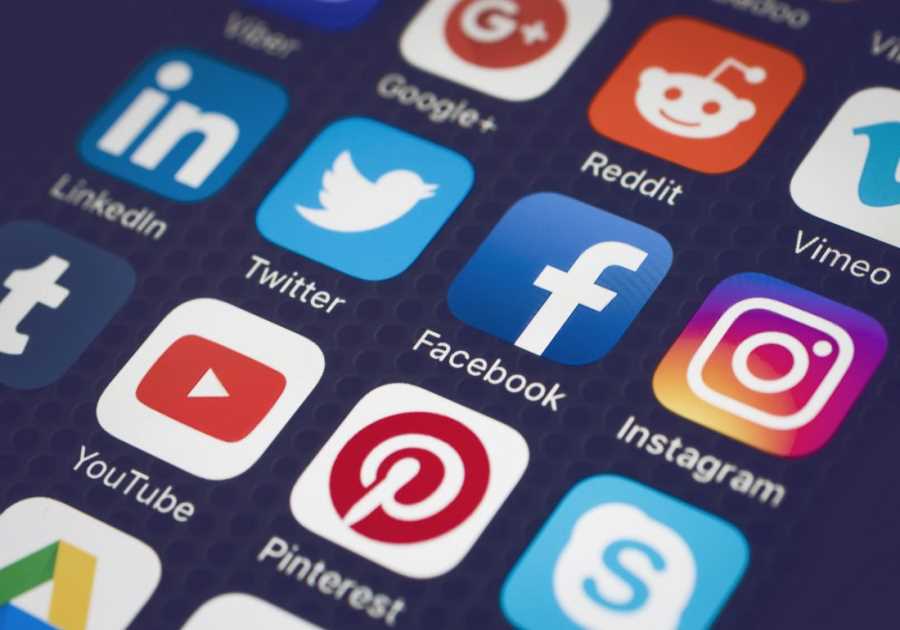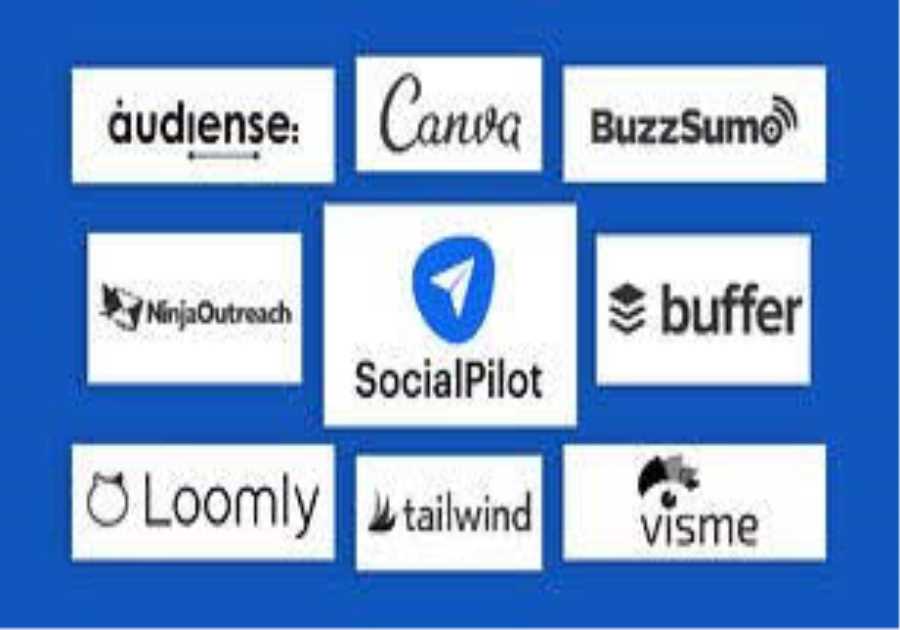
Last week, Meta Platforms – the company formerly known as Facebook – announced that it was cutting its workforce by 13 percent – equating to a loss of 11,000 jobs. This, according to founder and CEO Mark Zuckerberg – is due to a combination of slowing user growth thanks to competition and declining ad revenue in the face of a global economic downturn.
What is the Downfall of Meta and Social Media?Adobe Stock
Just a few years ago – although it might feel to many of us like another lifetime – the picture was very different. The company had been enjoying a period of unprecedented success, which saw it add more than 100 million users each year just before the outbreak of the Covid-19 global pandemic. It would grow to 300 million users in 2020, when the global economy was locked down and internet activity soared.
This is the point at which Zuckerberg took a gamble that has yet to pay off – and that many blame for the problems he’s facing now. Zuckerberg decided that the huge rise in online time wouldn’t slow down and would instead be a catalyst for more growth over the coming decade. As it turned out, this wasn’t exactly the way it would play out – for Facebook, at least. The social network has added just under 50 million users in the past 12 months. However, this slowdown in growth is evident.
Even though the company is smaller, it would still represent phenomenal growth. But for a man who told Time magazine back in 2014 that his goal was to connect every human on the planet, it’s a worrying and significant downturn. Evidently, it’s also worrying for his shareholders and investors – the company is currently said to be valued at its lowest level since 2017, reportedly having lost close to $700 billion in value. That’s around 67% of the $1 trillion it was said to be worth at its peak in 2021.
So is this dramatic downturn in fortune due to changing macroeconomics, bad bets by its leadership, the emergence of more youthful challengers such as TikTok, some combination of all of these – or something else entirely? Let’s take a look at how all of these factors are affecting a company that famously started in a college dorm, went on to change the face of the internet, and is now part way through an even more ambitious transformation aimed at changing the way we live our lives entirely.
Were we able to get here?
Facebook and Meta have had their fair share of controversy despite its huge success. It wasn’t, by any means, the first social network to exist – Friends Reunited, MySpace, LinkedIn, and Hi5 all predated it. But it outgrew all of those by positioning itself as a mainstream communication offering – as ubiquitous as telephone or email – rather than a service for a niche audience, such as youngsters, professionals, or music lovers. Facebook became the world’s most popular (by far) social network because grandparents understood it and used it to coo over pictures of babies, as much as musicians used it to publicize gigs, or college kids used it to build connections with new friends they’d met on a night out.
Facebook was initially a student-only website that could be accessed by a few colleges across the US. It grew to become a global network with 1.4 million users in its first 10 years. Along the road, it transformed socializing from something that’s mostly done interpersonally, between relatively small groups of people, into something done electronically, at a global scale.
However, controversy thrived from the beginning. The Social Network is a movie about Zuckerberg stealing the idea behind the site’s design from Harvard students. That matter was eventually settled in court, and although the exact terms were not made public, it’s been reported that Facebook paid claimants in the region of $65 million.
The company has also had a bad track record in treating personal data that people post on its platform with respect. This led to several lawsuits as well as fines. In 2013, Max Schrems, an Austrian privacy activist sued Facebook for data privacy violations. In 2018, the Cambridge Analytica scandal broke, accusing Facebook of selling the private information of tens of millions of Americans without their knowledge – leading to a record-breaking $5 billion fine in 2019. The company was later sued by a number of people for creating and maintaining face recognition profiles on millions of users, leading to $650 million in settlements in 2021.
However, recent scandals surrounding the company stem from the enthusiastic and seemingly all or nothing wager on the hyped idea of the metaverse.
The first seeds of Zuckerberg’s infatuation with the metaverse were sown with Facebook’s acquisition of virtual reality (VR) headset manufacturer Oculus back in 2013. Eight years later, Zuckerberg was ready to share his elaborate plan. The general idea – creating a “next-generation” of his world-conquering social platform in VR – didn’t come as a complete surprise. Since Oculus’ acquisition, speculations had suggested it as a possible possibility. It seemed like the natural next step to take for the most popular social network in the world, Facebook. On the other hand, it’s fair to say that rebranding the entire company as Meta was a step further than many had expected.
After all, having defined – if not invented – the shape of web2.0, the “user-generated web” with Facebook, it doesn’t seem entirely out-of-the-question that he, and his company, have a shot at defining the next iteration – web3.0, or web3, or the metaverse, or whatever ultimately arbitrary label we end up applying to it.
Zuckerberg seems unaffected by the low enthusiasm for his plans among the general public, despite spending $36 million to try to make it happen. According to recent statistics, less than half of the estimated 500,000 users who signed up have actually done so. One report late in 2022 has found that this isn’t simply a case of slow growth as experienced by Facebook itself. Rather, it’s actually becoming less popular – with monthly active users of Meta’s Horizon Worlds having declined from around 300,000 to 200,000 over the course of the year.
Many of those who signed up haven’t stayed with the company for very long. This could be due to factors such as the basic graphical environment or reports that users are sexually harassing others. It was even reported that executives at the company have been chiding their employees due to the fact that even they are not interested in using the virtual world they’ve built.
Other setbacks include the huge growth in popularity of TikTok, which now takes up much of the audience attention that Facebook relied on, as well as changes to Apple’s privacy policies which limit the way Facebook advertisers can track the activities of iPhone users.
Zuckerberg is at the heart of all this chaos of controversy and runaway success. According to reports, Zuckerberg has lost $125 billion or $88 billion due to his insistence on pursuing metaverse goals. Although not generally seen as so demanding of his employees or as Machiavellian towards his rivals as some of his billionaire-founder peers, it’s often suggested that he suffers from something of a likeability problem. When he has made public statements, commentators have often pointed out that he doesn’t necessarily come across as authentic and sincere in his delivery. Or rather, he gives the impression that he is trying very hard to come over as authentic and sincere, therefore giving the impression that authenticity and sincerity – or perhaps, simply speaking from the heart as a human being – do not come naturally to him.
What’s next for Mark Zuckerberg and Meta?
Could we now be witnessing Facebook’s death? Some have even suggested that social media may be dying. The current situation at Twitter is a perfect example. Employees are currently going through a dramatic cost-cutting process under Elon Musk. Musk, just days into his purchase of the platform has already announced plans to fire nearly half of its workforce due to a dramatic drop in revenue. This has prompted users to threaten an exodus, warning that the platform’s future plans will lead to hostile and dangerous environments.
This is not, in my view, the end of social networking. It’s because we don’t have any replacement for it. We can’t imagine that we will return to normal living, regardless of what happens to Twitter or Facebook. Despite its flaws, it is simply too easy and convenient. It’s more likely that new social media services will emerge – perhaps solving some of the problems inherent to their predecessors, but in all likelihood bringing new ones with them. Radio, TV, and newspapers were all blamed for contributing to societal problems during the past century. Social media is no different. So it’s a safe bet that, whatever comes next, somebody will be upset by it, too.
As for the future of Meta, a great deal rests on the question of whether Zuckerberg’s metaverse bet will eventually succeed or fail. Although recent indicators are not great, Zuckerberg and his company still retain control and ownership of the world’s most popular social networking platform and the still-sizeable advertising revenue it generates. Of course, they also have Instagram and the world’s most widely-used messaging app, Whatsapp, which are both wildly successful in their own right. Their global workforce, which is still around 76,000, means they have ample resources.
The fact is, though, that no one really knows what the metaverse will look like yet, and Meta’s own offering doesn’t align very well with those who advocate the vision of “web3” as a decentralized, user-owned internet, built on blockchain technology and freed from the centralized control of corporations like Meta or Google. Failure of Meta certainly doesn’t mean failure of the metaverse concept itself. The internet will continue to evolve, and there will be another iteration or web 3.0. The internet 3.0 might look different than the one Zuckerberg tried to market us over the last year.
Many people believe “lighting does not strike twice.” This means that Zuckerberg, although he may have created the social media platform that shaped the digital experience for a generation of users, it is unlikely anyone else can achieve such an accomplishment.
But I believe the one thing that we can say with certainty is that the internet – or the web, or social media, or the metaverse, or whatever we call it – will continue to evolve. The online experience of ten years from now is likely to be as different from today’s internet, as today’s internet is from the internet of pre-Facebook days. I predict that VR will make it more immersive, engaging, and experiential, no matter what form of VR.
We will not know for sure if Mark Zuckerberg and Meta can chart a new path.
Stay up to date with the latest tech news and developments by subscribing to my newsletter. Follow me on Twitter, LinkedIn, and YouTube, and check out my books ‘Tech Trends in Practice’ and ‘Business Trends in Practice, which just won the 2022 Business Book of the Year award.
The post Is This The Downfall Of Meta And Social Media As We Know It? appeared first on Social Media Explorer.






